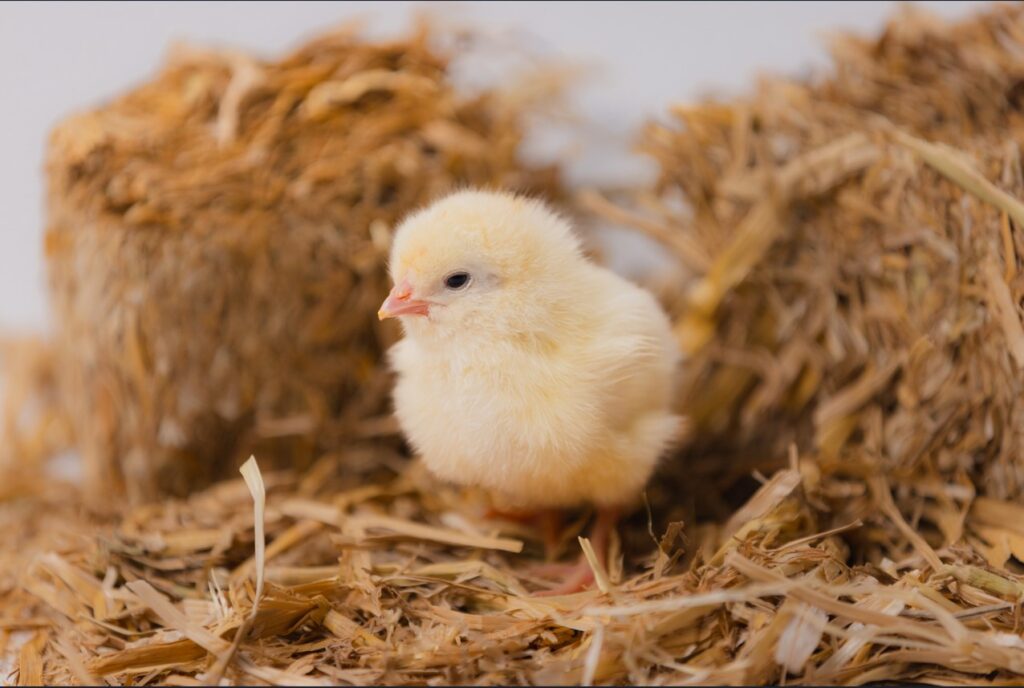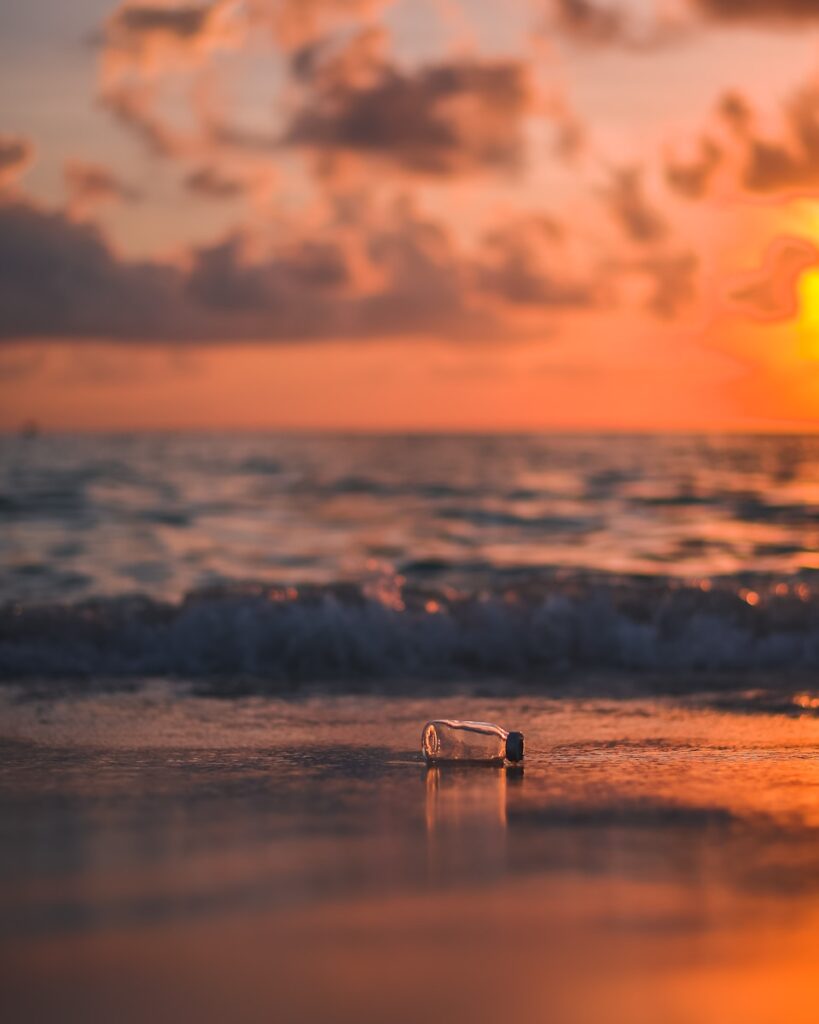Satish Kumar is a long-time environmental activist, author and former Jain monk who edited ecology magazine Resurgence for over 40 years.
He spoke to Environment Journal about his latest book Elegant Simplicity and why we need to unclutter our lives and minds to save the environment.
What is elegant simplicity all about?
Elegant simplicity is a pre-requisite for sustainability.
We currently live by cluttering our houses and offices and everything is coming from nature — clothes, shoes, furniture and technology — but we have a finite earth!
We have to live simply. It’s an imperative for sustainability and ecological balance.
The idea has been slowly growing into me. I think the way we live is so wasteful and cluttered. We hardly use the things we own in the house. Most things just sit there waiting to be used and to create all this we have to pollute our water, air and environment. It’s all caused by production and consumption.
We have to live elegantly and simply. We need to spend more time creating dance and poetry. We don’t need so many things. We need to use our imagination more, which is in infinite supply.
Is it wrong to aspire to have a better car or house?
It depends on what our society promotes. Instead, you could envy someone who is a good painter, or poet or musician.
We should aspire to be something other than cluttering our house with material goods.
You shouldn’t have to change your phone every year or car every year.
I’m not against good living or technology — but we need to live more beautifully so things last longer and useful.
I came up with the BUD principle. Things should be beautiful, useful and durable.
Landfills are filled with our waste because we are so hooked on new models and keeping up with the Joneses.
Our lack of simplicity causes climate change, loss of biodiversity and pollutes our oceans.
With the recent #ClimateStrike4Change protests which saw thousands of children across the world skip school to march against climate change, is this generation different to previous ones?
Yes, the current generation is much more aware of climate issues. It’s an inspiring example of how young people are standing up for elegant simplicity and living in harmony with nature.
Children going on strike is great news and I congratulate them. All parents and teachers should support them. They should go on strike with them.
Would the environment be in a better state in a world without religion?
I separate spirituality from religion.
Spirituality is about compassion, kindness and love. In order to live simply, we practice meditation, yoga and walk in nature. These are spiritual acts.
We work so hard to earn money. 9-5, five days a week so that we can buy buy buy. Then we spend weekends shopping!
We have no time for creativity and walking in nature which are the things you need for the soul. There’s no time for spirituality because we’ve become so busy and materialism rules.
We are not against matter. Matter is holy, but there needs to be a good balance. Not only for sustainability but for happiness and wellbeing. It’s essential.
Forgiveness is also very important. You must not clutter your mind with animosity,
Through forgiveness and spirituality, you are creating inner simplicity, and by reducing material possessions you are creating outter simplicity.
You have to shift from quantity to quality.
In the book, you write that humanity is ‘at war’ with nature. Has this always been the case?
Not always. It’s in the last few hundred years but particularly over the last five decades. In the past, we were much more caring.
When we say nature is separate from humanity, and we are the masters of nature, and we can do to nature what we like, then we have a war.
Francis Bacon said we have to torture nature to reveal its secrets. He’s one of the pioneers of the war against nature. Many others said the same, that we are the masters and nature is the slave.
I talk about a deep ecology. We talk about human rights but nature has a right too. Not only human life has intrinsic value.
Nature and humans are not separate. We are nature.
Your book includes a quote from Steve Jobs — shouldn’t large corporations like Apple do more to protect the environment?
When Steve Jobs was beginning he wasn’t very interested in making a global company. He had an environmental concern. He wanted things to be simple.
Then other people got involved and took advantage of him, and it turned into a terrible business.
This is what happens to many prophets. Take Buddha. He started a campaign of the simple life and a monk’s life. Now they have built millions of temples with jewels and diamonds and so on.
Are you optimistic for the rest of the 21st century?
These young boys and girls going on strike gives me hope and optimism. They are not going to put up with this wasteful, extravagant lifestyle that we have built up.
We are going backwards wasting and polluting nature. Having more and more is not a sign of progress, it’s a regress.
The pendulum will turn and we’ll see a new dawn and awakening and more and more people will say — we cannot allow our oceans to be polluted with plastic, and our rivers to be polluted with sewage, and soil polluted with chemicals and pesticide. People will rise.
Elegant Simplicity: The Art of Living Well by Satish Kumar is available to buy here.







